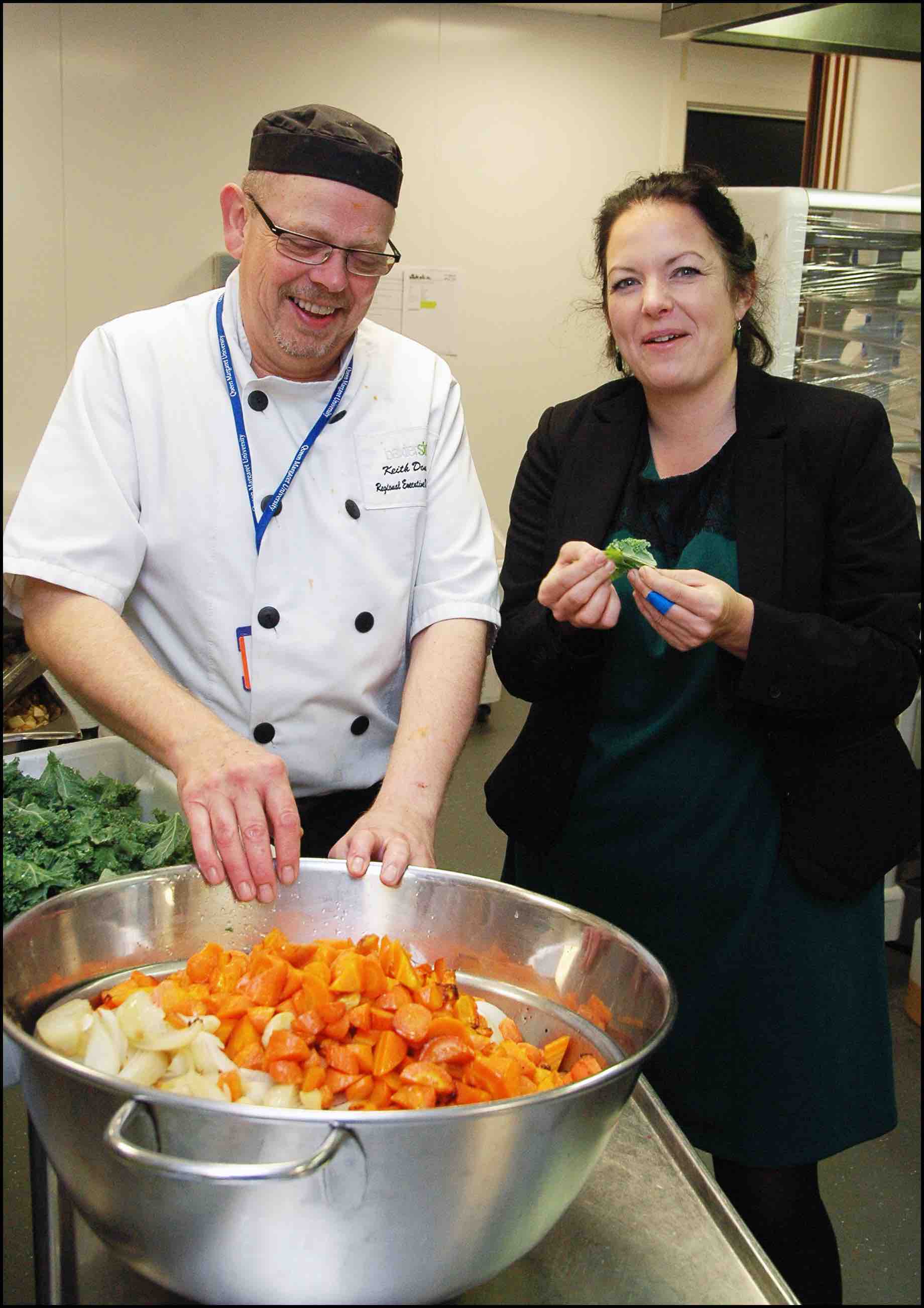With the local elections right around the corner, Nourish is asking candidates to support their ideas for how Local Authorities can catalyse some vital changes in our food system. Full details of the #NourishElectionAsks and how to sign up as a supporter are available here.
From now, until the elections, we’ll be posting blogs about each of our asks.
Nourish is currently campaigning at a national level for a new legal framework for the food system in Scotland. However, alongside a better framework underpinning our food system, we need local action to bring about a real transformation of how we do food. Local Authorities across Scotland can work to ensure that everybody in their constituency has access to enough nutritious food, can support sustainable rural development by bringing conservation and food production together, can encourage a dynamic food culture with community food growing and shared meals, and can protect the environment so that it is alive with wildlife for future generations.
Public procurement of local and sustainable food is one of the most powerful mechanisms available to Local Authorities to drive food system change and to create shorter, greener and fairer supply chains.
That’s why Nourish’s second policy ask is to:
Lead By Example in Public Sector Food
It is time for our public sector bodies to implement the new Sustainable Procurement Duty as set out by the Procurement Reform Scotland (Act) 2014. This commits local authorities to consider how through the procurement process they can a) improve the economic, social, and environmental wellbeing of the authority’s area b) reduce inequalities and c) facilitate the involvement of small and medium enterprises and third sector bodies.
The public sector is uniquely placed to increase access to freshly prepared, nutritious food for the most vulnerable in society, tackling health inequalities. We also want to see all public kitchens in schools, hospitals and other public places source a minimum of 15% organic by 2020 over the next council period. The Soil Association’s Food for Life catering mark at Gold Level is one tool for delivering this. This is absolutely achievable in Scotland, laws in other European countries set much higher targets: 40% organic sourcing for public kitchens in France and 60% for Denmark. On top of this, we would like to challenge Local Authorities to make sure 75% of all food served in public sector settings freshly prepared from unprocessed ingredients by 2021. This would require investment in skills development of catering staff, learning from the approach taken by the House of Food in Copenhagen.
Case study: Copenhagen, Denmark
The City of Copenhagen has used ambitious organic food procurement targets to help meet citywide sustainable development and social justice goals for fairer, greener and healthier living. Around 90% of the food served in Copenhagen’s public kitchens is now organic. Increasing organic consumption is a key action to support the city’s ambition to become the world’s first carbon neutral capital by 2025. The House of Food, which was established in 2007 as an independent, non-commercial foundation by the City of Copenhagen, has played a key role in the transformation of the city’s public food by providing training to catering teams of over 300 kitchens to date. These trainings have been about changing mindsets not just menus, working with the creativity of the caterers to cook with fresh, seasonal produce and less processed foods (“swapping the scissors for the knives”), use less but better meat and cut food waste – thereby staying within existing public food budgets. Currently, one third of all Danish municipalities are in the organic conversion process.
You may have heard Anya Hultberg, founder of the House of Food, speak at one of our events last Autumn.
